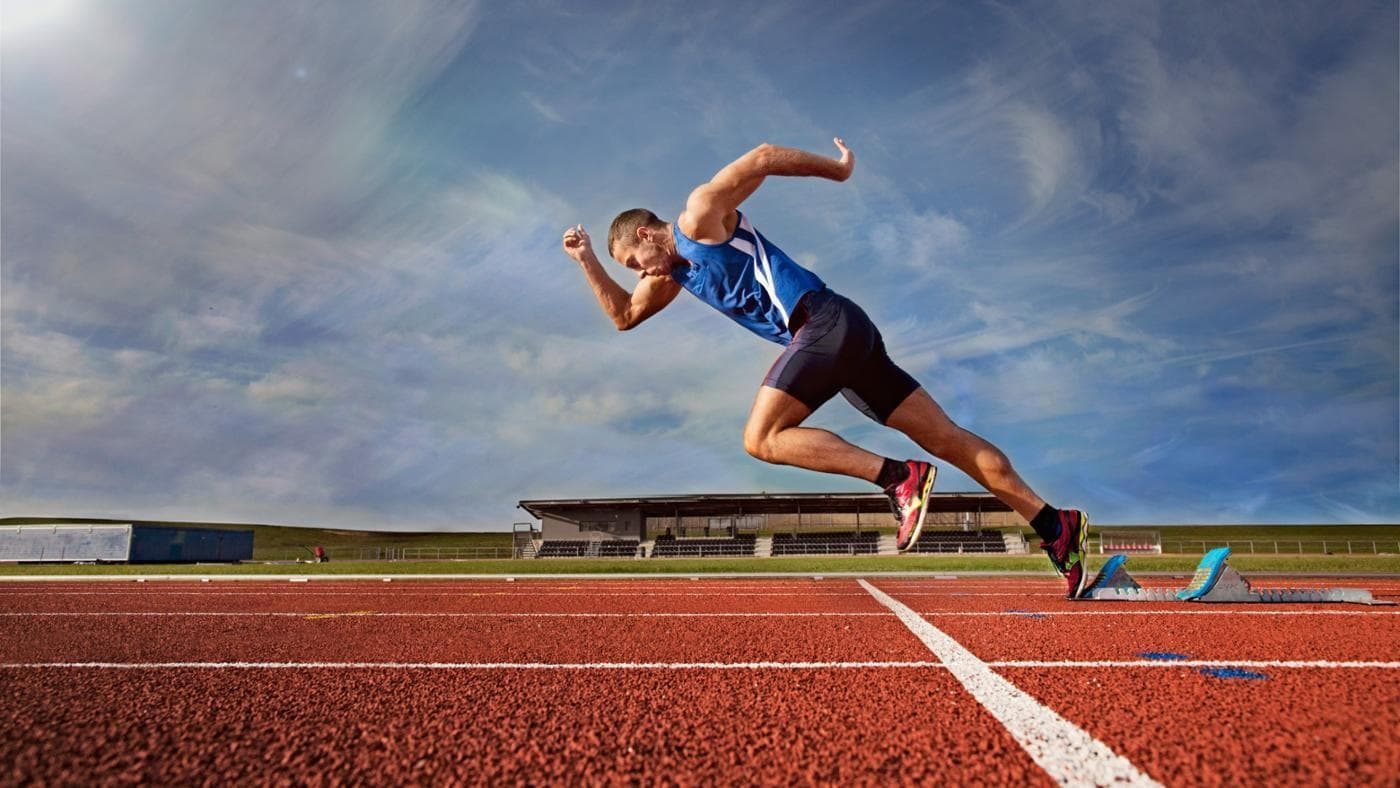No products in the cart.
Beverages News
What Happen After Drink Energy Drink?
What is an energy drink?
An energy drink is a type of beverage containing stimulant drugs, usually including caffeine give you swing, which is marketed as providing mental and physical stimulation. They may or may not be carbonated and many also contain sugar or other sweeteners, herbal extracts, taurine, and amino acids. They are a subset of the larger group of energy products, which includes bars and gels, and distinct from sports drinks, which are advertised to enhance sports performance. There are many brands and varieties in this beverage category.
Energy drinks have the effects caffeine and sugar provide, but there is little or no evidence that the wide variety of other ingredients have any effect. Most of the effects of energy drinks on cognitive performance, such as increased attention and reaction speed, are primarily due to the presence of caffeine. Other studies, however, ascribe those performance improvements to the effects of the combined ingredients. Advertising for energy drinks usually features increased muscle strength and endurance, but there is still no scientific consensus to support these statements. Energy drinks have been associated with health risks, such as an increased rate of injury when usage is combined with alcohol, and excessive or repeated consumption can lead to cardiac and psychiatric conditions.

Energy drinks are marketed toward people who desire a boost in energy. According to an article in the March 2011 issue of “Pediatrics,” 30 to 50 percent of adolescents and young adults reportedly consume energy drinks. Common energy drinks include Red Bull, Monster, Amp, Rockstar and 5-hour Energy. The main ingredients in these drinks are caffeine and sugar. Energy drinks will help you overcome fatigue, but they may be hazardous to your health.
We’re obsessed on energy drinks. As a rustic, we’ve become as dependent on them on Frappuccinos from Starbucks. They’re packaged in cool-looking cans and claim to provide you a required boost once that mid-afternoon slump sets in, or once you’ve partied too exhausting on a weekday night, or join the party and you’re making an attempt to operate at work or college on solely two hours of sleep. A new study into the drinks, led by Newcastle University and Fuse (the Centre for Translational Research in Public Health), has found that energy drinks are being sold for as little as 25p to children as young as 10. Sales appear to be rising sharply among young people.
But, energy drinks have recently returned below scrutiny, permanently reason. Current lawsuits claim the makers engaged in dishonest advertising, making an attempt to woo customers with claims that these drinks won’t solely boost energy, however additionally increase concentration, increase immunity, and improve your overall health. Electrolyte energy drinks firms say their claims square measure secured by medical findings, however it seems that there’s very little proof to support them.
These big companies hire sport persons, TV actors to promote their products and most of the people buy them just by thinking that if such a sport person or TV actor is using this drink, then there must be something beneficial in it which there by increases the sales of the company.
Most of the people don’t even know what they are drinking or why they are drinking they just drink it to show off that they belong to a high standard society where drinking these kinds of energy drinks are a matter of pride without knowing the side effects of those drinks.
They should know that these drinks contain a huge amount of sugar and caffeine, which is very hard to digest if you are not working out on a daily basis and can lead to serious health issues like diabetes, increase of fat, liver and heart related problems, etc.
What happened to our bodies one hour after drinking?
In the first 10 minutes: The caffeine starts to be absorbed into your bloodstream, your body responds by increasing your heart rate and blood pressure.

15 to 45 minutes: At some point during the first 15-45 minutes depending how fast you drink it the levels of caffeine will peak, you’ll feel alert and find your concentration is improved, this is due to caffeine being a stimulant drug. This is when it’s recommended to drink one if you are driving and feel you need to be more alert.
30-50 minutes: After you finish your drink and your body has now fully absorbed the caffeine , your liver will often then react by absorbing more sugar. It’s during this time that your body has also absorbed most of the sugar initially in the drink as well.
60 minutes: An hour in and you’ll likely be getting the dreaded ‘sugar crash’, this often is a mix of the sugar levels in your bloodstream dropping as well as the effects of the caffeine dying down.
A few dangers of drinking too many energy drinks
Cardiac Arrest: While our Caffeine Calculator can show people how many energy drinks at one time would be lethal, this formula doesn’t apply to everyone. Those with underlying heart conditions have gone into cardiac arrest after just a few energy drinks. Before drinking energy drinks or caffeine, be sure to know your heart’s health.-A new study showed that energy drinks cause more forceful heart contractions, which could be harmful to some with certain heart conditions.- One study showed that between 2009 and 2011 there were 4854 calls to poison control centers regarding energy drinks. 51% of these calls were involving children. src– Another study shows the link between energy drinks and cardiac events among teens. This study recommends that teens consume no more than one 250ml energy drink per day and not before or during sports or exercise. Study link. A 2016 study showed that 18-40-year-olds who drank energy drinks had a significant increase in their QTc interval, which is a marker of abnormal heart rhythm risk. Abstract.
Headaches and Migraines: Too many energy drinks can lead to severe headaches from the caffeine withdrawal symptoms. Changing the amount of caffeine you ingest daily can cause more frequent headaches.
Increased Anxiety: Those with 2 different genetic variations in their adenosine receptors are prone to feeling increased anxiety when consuming caffeinated beverages such as energy drinks. Larger doses of caffeine can even spur on full-blown panic attacks. The research.
Insomnia: Energy drinks do a good job of keeping people awake, but when abused, they can cause some people to miss sleep altogether. This lack of sleep causes impaired functioning and can be dangerous to drive or perform other concentration heavy tasks.
Type 2 Diabetes: Because many energy drinks are also very high in sugar, they can eventually wear out the insulin-producing cells of the pancreas, which leads to type 2 diabetes.
Drug Interaction: Some of the ingredients in energy drinks can interact with prescription medications especially medications taken for depression.
Addiction: People can become addicted to caffeine and energy drinks. This can lead to a lack of functioning when unable to have the energy drink or a financial stress from having to buy several energy drinks daily.
Risky behavior: There was a study published in The Journal of American College Health which showed that teens are more likely to take dangerous risks when high on caffeine. This could result in injury or legal trouble.
Jitters and Nervousness: Too much caffeine from energy drinks causes some people to shake and be anxious. This can interfere with performing needed tasks or cause emotional issues. This study shows how caffeine can elicit anxiety.
Vomiting: Too many energy drinks can lead to vomiting. This causes dehydration and acid erosion of teeth and esophagus if frequent.
Allergic Reactions: Because of the many ingredients in energy drinks reactions could occur, from minor itching to airway constriction.
High Blood Pressure: Caffeinated products like energy drinks can elevate a person’s blood pressure. For those with normal blood pressure, this isn’t concerning, but those with already elevated blood pressure could be placing themselves at risk of stroke and other health problems related to hypertension if they consume too many energy drinks in a short period of time. The research. A more recent study conducted by The Mayo Clinic found that Rockstar Energy Drink (240 mg version) significantly raised the blood pressure of study participants compared to the placebo drink. Overall, there was a 6.4% increase in average blood pressure. More about the study here. A newer study published by the American Heart Association showed that energy drinks have a greater negative effect on blood pressure than drinks that contain caffeine alone as the active ingredient. They believe the combination of ingredients in energy drinks are why these beverages pose a greater risk of heart-related problems than drinks like coffee or tea.
Niacin Overdose: Niacin (Vitamin B3) is placed in most energy drinks at levels that cause no harm and can even be therapeutic. However, if a person is taking additional supplements containing Niacin, overdosing on the vitamin is possible when consuming energy drinks in addition to those supplements. Symptoms include; Skin flushing, dizziness, rapid heart rate, vomiting, itching, gout, and diarrhea. Source. The British Journal of Medicine recently published a case study of a man who experienced nonviral hepatitis from B3 toxicity believed to have been from consuming too many energy drinks during a period of three weeks.
Stress Hormone Release: A study conducted by The Mayo Clinic found that a 240 mg version of Rockstar Energy Drink caused an increase in stress hormone release. The average norepinephrine level of the participants increased by 74% while the placebo only caused a 31% increase.
Reference: Cite multiple sources on internet


